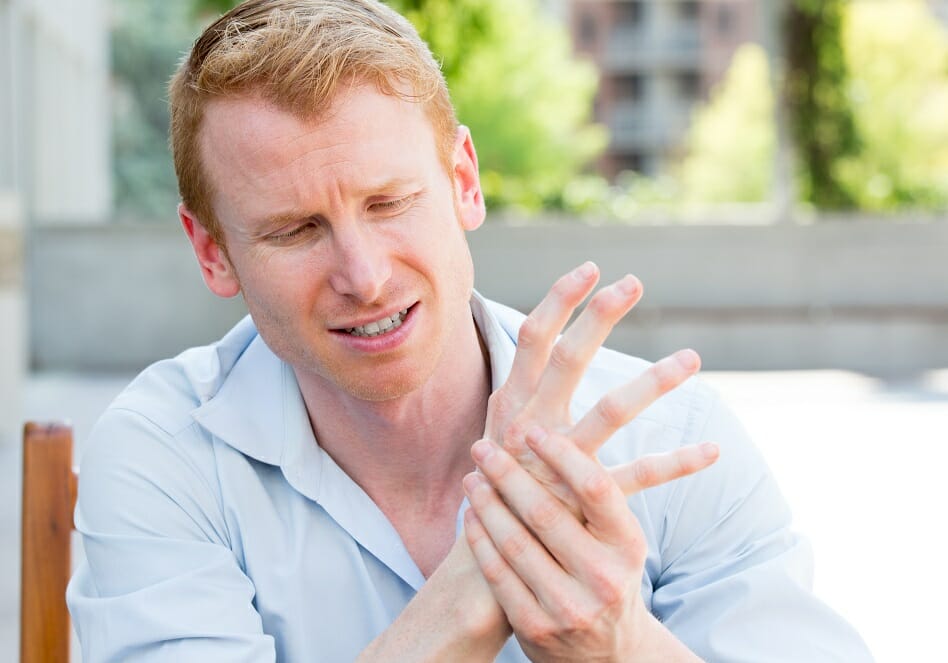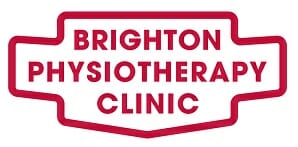Treatment for Arthritis in Brighton
Arthritis is the inflammation of the joints leading to intense pain, and can get worse with age. According to the NHS, there are more than 10 million people with arthritis or similar joint conditions in the UK. Arthritis can come in more than 100 different forms, and onset can be gradual or rapid.
Major Forms of Arthritis
Arthritis comes in many different forms. These forms determine the symptoms the disorder presents and also determine the treatment to be prescribed. Some of the major forms include…
Osteoarthritis
Osteoarthritis is the main form of arthritis. Also known as degenerative joint disease, Osteoarthritis occurs with age and affects the hips, hands, and knees. Osteoarthritis is occurs when there is a breaking or wearing down of the joint cartilage and the bone. Osteoarthritis symptoms can take years to manifest.
Rheumatoid Arthritis
Rheumatoid Arthritis is a chronic auto-immune disease that affects the joint. The body’s immune system attacks the tissues and joints of the body (most times the hands and feet) causing inflammation and bone erosion or joint deformity over time. Rheumatoid arthritis is not curable and treatment can only help relieve pain or symptoms
Gouty Arthritis
Gouty Arthritis occurs when uric acid crystallizes and deposits in joints resulting in hot and tender inflammation. High levels of uric acid in the blood, which leads to gout, can be caused by unhealthy food combinations, genetic factors and other health problems. Gouty Arthritis has been linked to kidney stones, urate nephropathy, and tophi.
Septic Arthritis
Septic arthritis or infectious arthritis is the invasion or attack of joints by infections resulting in inflammation. Onset of septic arthritis is most times rapid with symptoms such as fever and headache alongside joint swelling and redness. Septic arthritis can be fatal when left untreated for a long time.

Signs and Symptoms of Arthritis
Common signs and symptoms of arthritis include stiffness, redness, and tenderness of joint, intense pain, grinding sensation, and fatigue. Other symptoms may include headache, fever, poor appetite, sweating, and weight loss.
Diseases Associated with Arthritis
Arthritis can be a symptom of a main disease affecting the victim. Diseases associated with arthritis include hepatisis, haemochromatosis, celiac disease, inflammatory bowel disease, sarcoidosis, and Systemic lupus erythematosus (SLE) among others.
Complications of Arthritis
Arthritis can put you at great risk of developing other health conditions and complications such as joint damage, widespread inflammation, carpal tunnel syndrome, septic shock, cardiovascular disease, and cervical myelopathy.
Risk Factors
Certain factors can make individuals susceptible to arthritis. These risk factors may include obesity, age, gender, family history, previous joint damage, infections, smoking, and occupations that require repetitive squatting and knee bending.
Diagnosis
Diagnosis of arthritis is done by qualified medical personnel and through clinical examination. Tests to be conducted depend on the suspected form of arthritis and mostly involve screening blood tests, radiology, X-rays, and MRIs.
Treatment
Treatment for arthritis depends on the diagnosed form and is majorly employed to reduce inflammation and pain. Rheumatoid arthritis is considered not curable and treatment is merely to provide relief and manage the situation.
Medications
Depending on the form of arthritis, medications with the fewest side effects may be given as a form of treatment. These medications may include paracetamol, non-steroidal anti-inflammatory drugs (NSAIDs) like Ibuprofen, and opioids. Disease-modifying anti-rheumatic drugs (DMARDs) are also prescribed for rheumatoid arthritis.
Physical Therapy
Studies show that physiotherapy and osteopathy can provide long term pain relief. Physiotherapy is also widely recommended in order to maintain the health of the affected joint and the rest of the body. Osteopathic treatment involves manual therapy and massage which increases the flexibility of the affected joint.
Surgery
In severe cases, surgery is recommended as a treatment for arthritis especially if osteopathy offers little relief. Rheumasurgery (for rheumatoid arthritis) and anthroscopic surgery are some available surgery options.
Better Relief through Osteopathy and Physiotherapy
Physiotherapy and Osteopathy improves the total physical well-being of the body. With osteopathy, you can not only provide relief to joint pains but also healing to the affected joint in most cases, and general improvement in the quality of life. Physiotherapy helps your muscles/joints stay healthy and active, relieving pain and keeping you mobile.

